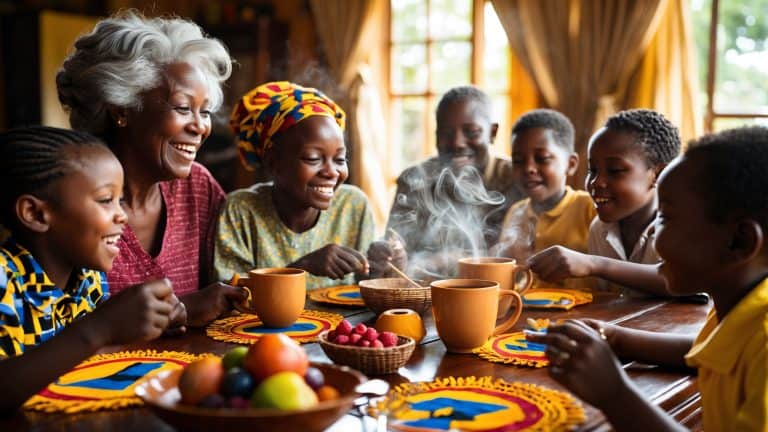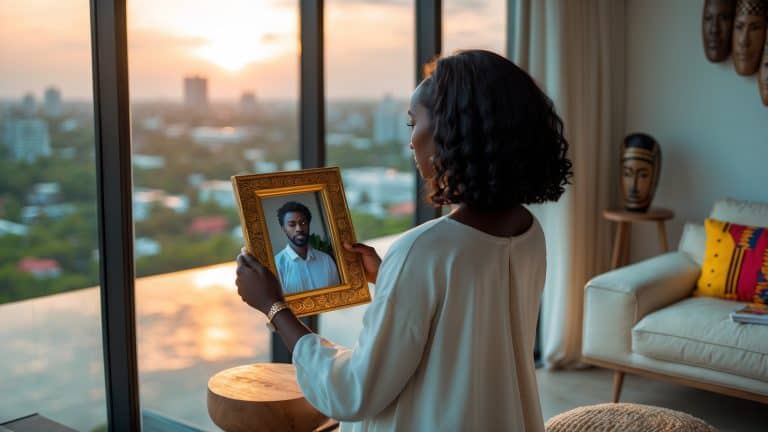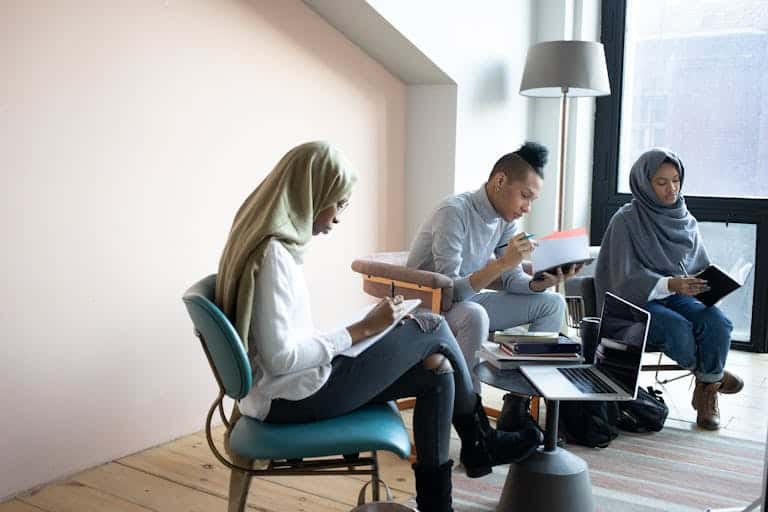This is a premium article written by one of our experts.
Check out

Understanding Milo in Ghana: A Warm Dive into Tea Culture and Local Customs for the Diaspora
In Ghana, a simple request for tea is likely to bring you not a black or green brew but a steaming cup of Milo. This malted chocolate drink holds a cherished place in Ghanaian households, where its name has surpassed its original branding to become a robust cultural shorthand for any warm breakfast beverage.

Emotional Impact of Relocation: What to Expect
This is a premium article written by one of our experts. Upgrade to Navigator or Pathfinder read the full article

The Diaspora Entrepreneur’s Guide to Thriving in Ghana’s Business Landscape
This is a premium article written by one of our experts. Upgrade to Navigator or Pathfinder read the full article

How to Test Market Demand in Ghana: Strategies for Success
This is a premium article written by one of our experts. Upgrade to Navigator or Pathfinder read the full article

Relocation Strategies: How to Plan a Successful Scouting Trip to Ghana
This is a premium article written by one of our experts. Upgrade to Navigator or Pathfinder read the full article

The Realities of Doing Business in Ghana as a Foreigner
This is a premium article written by one of our experts. Upgrade to Navigator or Pathfinder read the full article